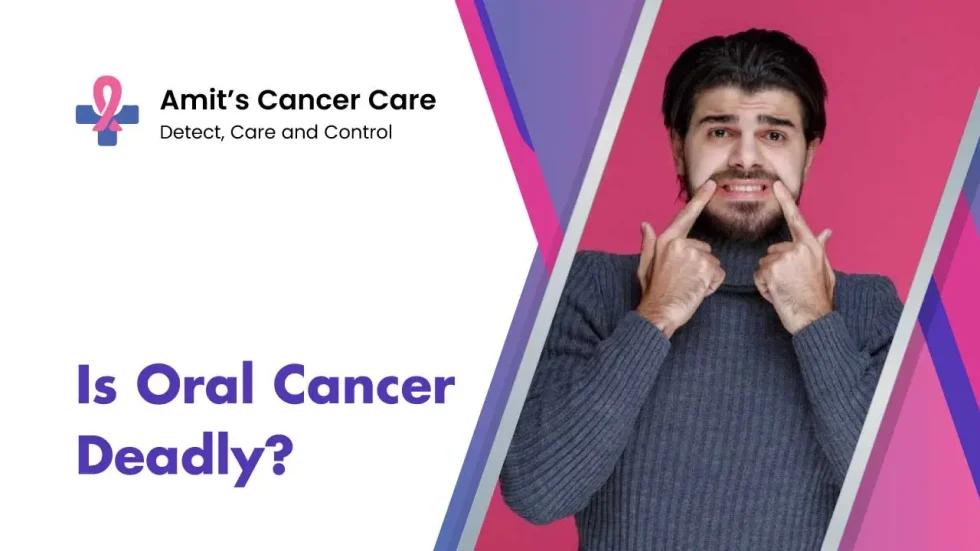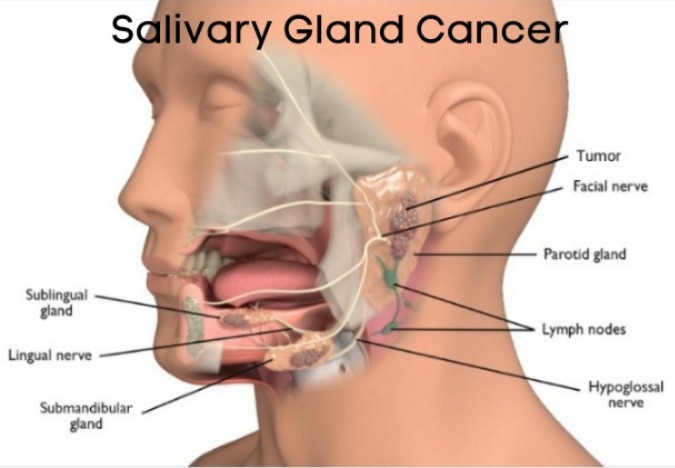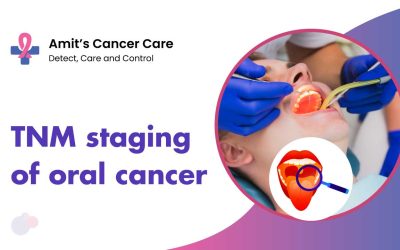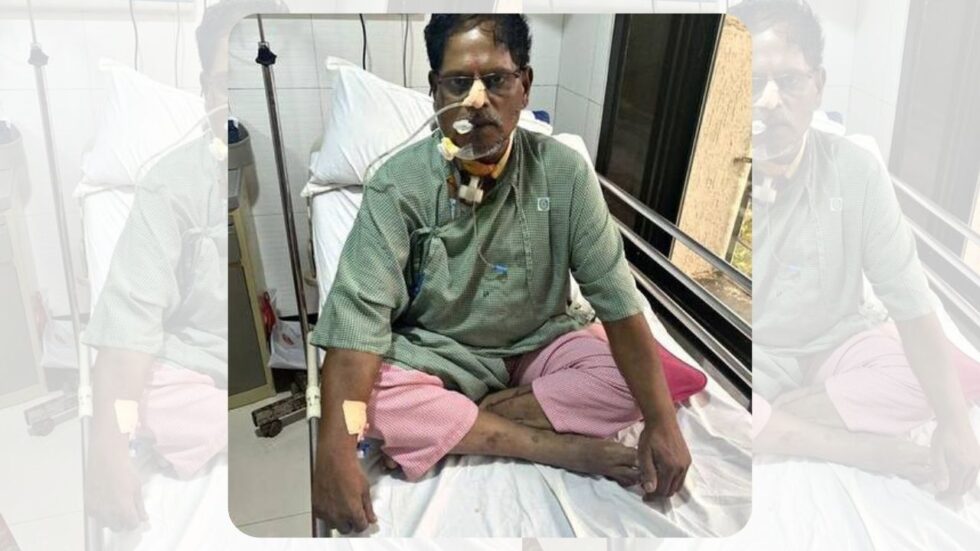Everything we need to know Is Oral Cancer Deadly?
You Can Jump on
Can You Live With Mouth Cancer?
How Long Does Oral Cancer Take To Spread?
Oral cancer is one of the most devastating, yet stealthy diseases that can be detected early if a patient is cautious about the same.
In fact, it tends to develop without any noticeable symptoms until significant damage has already been done; for this reason, oral cancer sadly claims thousands of lives each year due to delayed diagnosis and treatment.
The good news is, understanding your risk factors and undergoing an annual checkup for early detection can greatly reduce the chances of a fatal outcome from oral cancer – keeping you informed during such a critical time should always be a top priority.
With that being said, let’s delve into the question:
Is Oral Cancer Deadly?
The answer is, yes
If not caught early and left untreated.
Oral cancer is a potentially deadly disease that can spread rapidly throughout the body in its advanced stages, making it all the more important to visit your doctor at regular intervals for checkups and screenings.
Early detection is key to successfully treating oral cancer; however,
Even with successful treatment and removal of tumours or growths, there are still potential long-term side effects from surgery, radiation therapy and chemotherapy.
It’s natural to be scared when you hear about such a serious condition as oral cancer; however, being aware of risk factors helps increase the chances of early diagnosis and successful treatment.
In addition to visiting your doctor regularly for checkups and screenings, it’s important to watch for signs and symptoms of oral cancer such as sores that don’t heal, lumps or pain in the mouth, a feeling of something stuck in the throat and any other changes that don’t go away after two weeks.
How long can you live with mouth cancer?
This can vary significantly depending on the stage of cancer when it is detected and treated.
Early diagnosis and treatment are key to improving survival rates.
According to the American Cancer Society, 5-year relative survival rates for oral cavity and pharynx cancers range from 81% in localized stages to 32% in distant metastatic disease (spread of cancer beyond primary site).
How long does oral cancer take to spread?
This varies from patient to patient and is dependent on the type, size and stage of cancer.
However, oral cancer has been known to spread rapidly once it reaches advanced stages if left untreated.
This is why early diagnosis and treatment are absolutely essential – the earlier you catch your mouth cancer, the more options you have for successful treatment with minimal side effects.
Is oral cancer curable?
Yes, if detected early and with the right treatment plan.
Early diagnosis is essential to increasing the chances of successful treatment; depending on the type, size and stage of cancer, a patient may be offered any combination of surgery, chemotherapy or radiation therapy for their oral cancer.
Ultimately, the goal of any form of cancer is to provide the best possible outcome for the patient.
With early diagnosis, treatment and monitoring, oral cancer can be treated and cured in many cases.
At the end of the day, knowledge is your strongest asset when facing a possibly fatal illness.
The more you are informed about your risk factors, signs and symptoms and available treatments – the better prepared you will be should you ever face this terrifying diagnosis.
Visit your doctor regularly for checkups and screenings, watch for any changes that don’t go away after two weeks and keep yourself informed about oral cancer – you could be saving your own life.






